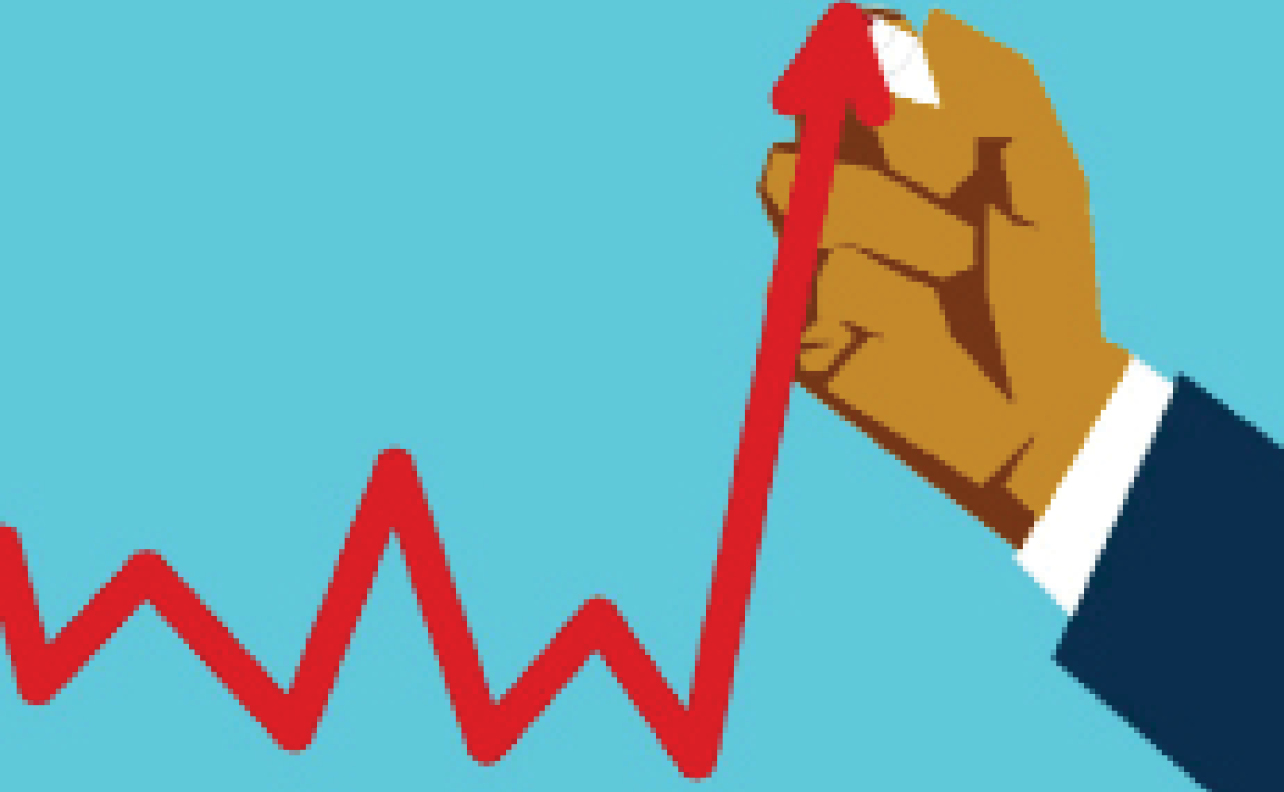Inflation stands at 18.6 per cent and the Central Bank’s Monetary Policy Committee (MPC) has raised the benchmark rate by 100 basis points (1%) in the last two consecutive meetings. As much as rates are being raised – which should theoretically slow down inflation, the opposite has been the case. The higher the Monetary Policy Rate (MPR), the higher the inflation. This could be traced back to the origin of inflation. My view is that our inflation is multi-dimensional. Some of our inflation comes from interventions for COVID-19, which meant that people were paid much money for doing nothing. This is what is happening in the rest of the world. Free money inflation. Also, part of our inflation comes from importing inflation from all parts of the world. Lastly, producers, retailers and importers have to survive by marking up the cost to consumers since they now get their supplies at higher rates.
Higher MPRs mean that banks raise their lending and to a lesser extent deposit rates. When this happens, productivity reduces as investors park their monies in banks to earn high interest rates. Companies also stop employing or expanding their capacities. Some lay off or even close down entirely. Higher MPR should be bad for an economy like ours because it slows economic growth. And we direly need growth. In our instance though, it is a double tragedy. Not only has it not led to a slowdown in growth, but it may lead to the new lending units like Fintechs increasing their already prohibitive interest rates on very small borrowers who are presently groaning under the burden of predatory borrowing with rates already as high as 120 per cent per annum (10% flat monthly).
And some pundits say Nigeria should summarily deregulate the petrol sector. In fact, that is mouthed off as the singular solution to our problems. No chance! Even the government knows that it will be the recipe for collapse – of the government and perhaps the country. If the price of petrol should hit say N900 per litre as a result of subsidy removal today, inflation will hit 300 per cent easily, and that inflation will continue to feed itself into a spiral. Companies will close and turn people out. And there will be riots on the streets – this time worse than EndSARS. The issue is that such social breakdown may continue until interlopers seize control like they did under EndSARS, but this time much worse. Those into regime change for the heck of it are around the corner. Those who are interested in separatism and anarchy will also show up for the party. I believe though, that we can embark on gradual deregulation, and we could also combine that with Petrol Taxes – as is done everywhere in the world. That way, we may exit the quagmire earlier. A N50 petrol tax per litre will go a long way if well-utilised. This will require legislation too.
Nigeria is also stuck in a perpetual trap of low productivity. The truth is that all of us are not producing enough. I never get tired of analysing our exports against our imports. This situation has been on for decades now. In fact, it was a poisoned chalice handed to us by departing colonialists. We are primary product producers… mostly crops… till today. We are locked into a situation where we only grow crops and sell them yearly. Yet we need the most sophisticated imports from the world. And we are indeed bingeing on such. Abroad, nobody buys a phone in cash. But here, we buy the most expensive phones, cars and other technologies, cash down without worrying ABOUT what it is we are producing that justifies that, since we live in the same globalised world as everyone else. If the producers are buying everything on credit, who are we to be buying in cash? And why are we not thinking of being modest about it? People buy houses on 30 years’ mortgages abroad, but we buy or build in cash over here. How do we help our productivity crises? How do we ensure we deepen the economic complexity of the goods and services we sell to the rest of the world? We say we have a dollar scarcity. I think we have productivity, innovation and commonsense scarcity instead. Except for these changes, this economy can never get into the Balance of Payment positive territory in real terms, even in 500 years.
And in order to force us to be productive and innovative, we need to close this economy down in a clever manner. The biggest disservice we’ve done to ourselves is devaluing our currency while at the same time opening ourselves up to foreign imports. Devaluation means that foreign imports are far more expensive. This means that everything must be done to help your people replace what they cannot now afford that comes from abroad. If you don’t achieve that, you open your people to poverty, hunger and malnutrition on an industrial scale. The same thing happened when Nigeria deregulated the petrol sector in 2016 by increasing fuel price from N87 to N145. People accepted because this was Buhari. But the next thing that happened was that this N145, which was about 80 cents when the Naira was N199=$1, soon became like 40 cents after we devalued to N360. The subsidy gap opened again and was rechristened ‘under recovery’. Devaluation and deregulation are two mutually exclusive policies for countries that want to stay out of trouble. So also, are devaluation and an open economy.
Our ministers of finance like to say what Nigeria has is a revenue crisis. For one, they do absolutely nothing about that revenue crisis. They are usually politically emasculated. Rather, we hear of import duty waivers given to very powerful people in society. We have a debt, revenue and expenditure problem, in my view. Our debt crisis manifests in our fiscal cliff as we now spend ALL of our revenue servicing debts. This past quarter, we spent N1.94 trillion servicing debts, while our revenue was less than that figure by N300 billion, at N1.63 trillion. This is ridiculous. And I believe we haven’t started paying the principals of our debt, we are only dealing with interests for now. Kemi Adeosun was big on debt, and perhaps because of her patronage, she recently got tax-exempt status from the US government to raise funds for her NGO.
Our national debt stock is about N41 trillion, or close to $100 billion. This is about a quarter of our GDP. But when we add government borrowing from people’s pensions, the borrowing that was used in intervening in the bad bank, AMCON, and the federal government’s exposure to the Central Bank of Nigeria, perhaps we are looking at least another N35 trillion to N40 trillion, taking our debt to GDP ratio to over 50 per cent. Of course, debt to GDP is a meaningless index. What about debt to revenue? That is where you find our economy is legless.

 Join Daily Trust WhatsApp Community For Quick Access To News and Happenings Around You.
Join Daily Trust WhatsApp Community For Quick Access To News and Happenings Around You.

